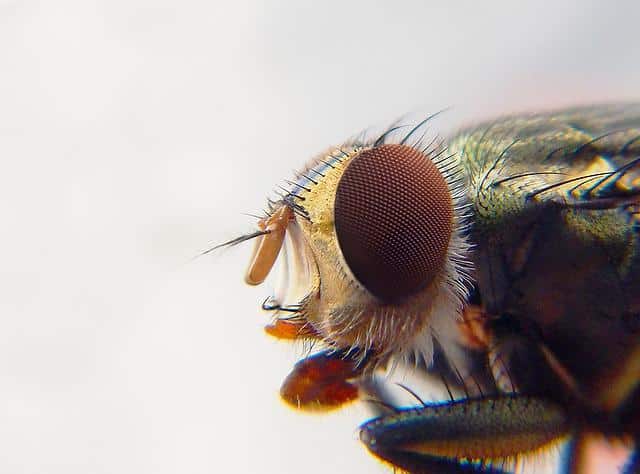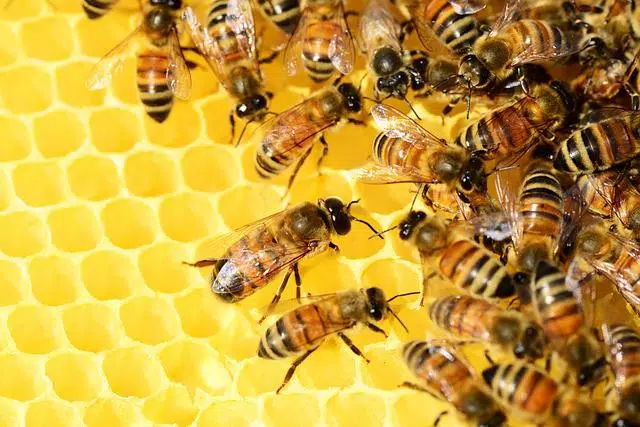
Entomology studies insects for different purposes.
Entomology is the branch of zoology focused on the study of insects . To understand the concept precisely, in this framework, we must first define what zoology is and what insects are.
Study of insects
Zoology is the science that analyzes animals . An insect , meanwhile, is a type of animal: an arthropod (a type of invertebrate ) that has three pairs of legs and one pair of antennae, has one or two pairs of wings and has a body segmented into an abdomen, thorax and head. .
From these ideas , we can affirm that entomology is a scientific discipline whose object of study is insects , which belong to the animal kingdom. An expert in entomology is known as an entomologist .
Origins of entomology
It is believed that insects appeared 400 million years ago, in the Paleozoic Era . The most distant roots of entomology must be found in prehistory , since human beings have always been interested in knowing more about these species due to their impact on crops.
Starting in the 19th century , observations on insects acquired greater formality and rigor and thus entomology was forged. Charles Darwin himself (1809-1882), who postulated natural selection as a mechanism of biological evolution , ventured into entomology.
Applied entomology
When studies of these animals are carried out based on human interest, we speak of applied entomology or economic entomology . Its use is aimed at acquiring knowledge about insects for purposes such as understanding how they impact people's material goods or learning how to take advantage of the products that can be obtained from them.
Below we will see some groups of insects classified according to the reason why they are of interest for applied entomology:
* insects that transmit diseases , both to humans and animals (used in some agricultural exploitation) or to their plantations. The proliferation of different industries depends on its study;
* those that produce resources of great importance for the economy, among which we can highlight propolis, honey, pollen and wax;
* those considered pests . These can attack material warehouses, agricultural operations, heritage assets and buildings, among other properties, and cause different degrees of deterioration;
* insects capable of controlling certain pests.
forensic entomology
Within the framework of applied entomology, forensic entomology is known as the specialty that is aimed at studying arthropods such as insects, understanding them as evidence of a scientific nature in legal matters, particularly when it comes to judicial cases.
In this framework we can identify more than one subclass of entomology: urban (infestations in parts of the city that can cause litigation), stored products (those that affect consumer product warehouses), medico-legal (insects that are collected as samples during investigations of suspicious crimes or deaths).

Applied entomology focuses on insects that benefit or harm the human economy.
In order to correctly identify and analyze insects in the field of forensic entomology, it is necessary to have certain basic knowledge in the following areas: the characteristics of colonization and abandonment of the body , both in reference to the place and the moment in which the arthropods carried out such actions; its development under controlled conditions, in particular with respect to relative humidity and temperature.
The definition of the postmortem interval is one of the most important uses of forensic entomology, that is, how much time elapses between death and analysis of the body. This information can be used to uncover a covert murder, if the attackers hide the body for a time before disposing of it.
